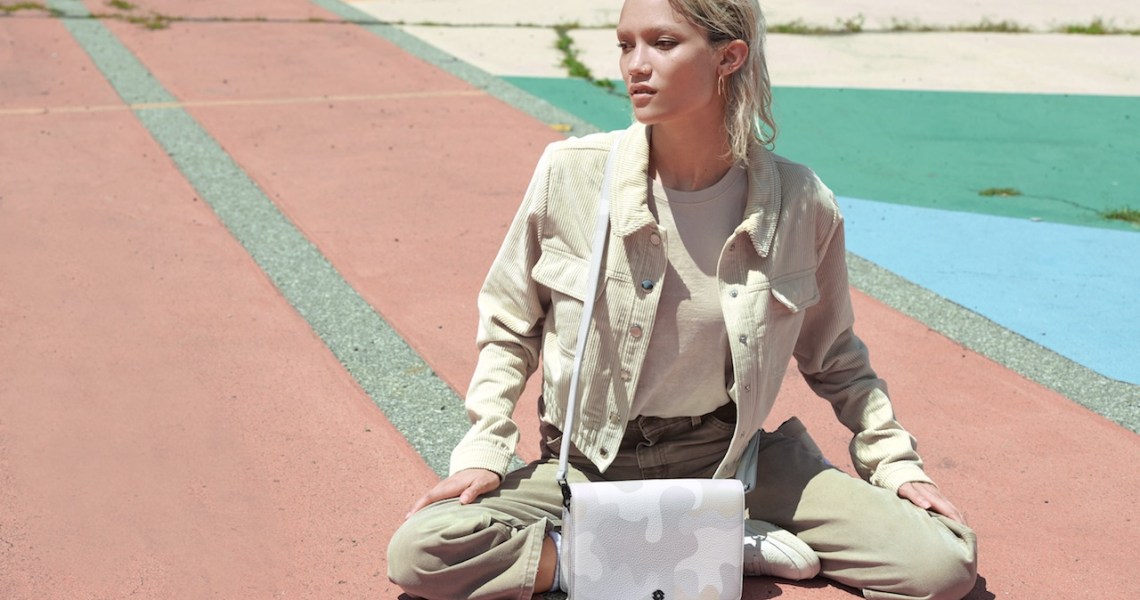The mass adoption of resale among fashion brands from Patagonia to Nike has been facilitated by the rise of a new industry: resale-as-a-service. Companies like Trove, Archive and ThredUp have ushered dozens of fashion brands into the space with full packages that take care of all of the headaches of running a resale business.
As more brands bustle into the space, the resale-as-a-service (RaaS) world is growing more competitive. Archive, a RaaS platform that powers the resale businesses of brands including Dagne Dover, M.M.LaFleur and Oscar de la Renta, got a boost this week when it announced an $8 million funding round led by Lightspeed Venture and Bain Capital. Additional investors include fashion industry fixtures like Alex Bolen, CEO of Oscar de la Renta, Shan Lyn-Ma, co-founder of Zola, Dawn Dobras, former CEO of Credo Beauty, designer Steven Alan and Marigay McKee, former president of Saks Fifth Avenue.
The round brings Archive’s total funding since the company launched just a year ago, in February 2021, to $10 million. This puts Archive behind Trove, which has raised more than $120 million, but ahead of other RaaS companies like Reflaunt, which has raised $2.5 million, in February 2021. The interest these companies have received from the industry shows there’s an appetite for resale-as-a-service and room to grow.
“Resale is a hot space, estimated at $130 billion globally, so there is certainly room for several players,” said Emily Gittins, co-founder and CEO of Archive. “The latest financing will fuel the company’s growth by accelerating the development of the peer-to-peer resale platform, and allowing us to build new custom features for our partner brands, add physical touchpoints to the customer’s journey, provide warehouse solutions for bulk inventory, and scale the engineering and operations teams.”
Archive touts its ability to build custom, differentiated resale experiences for each brand as a differentiating factor. Gittins cites Oscar de la Renta’s resale site, which includes runway footage for different looks, something that other Archive brand partners don’t have, as an example of catering the service to the client.
This is contrasted with ThredUp, which has partnerships with nearly two dozen brands, including Adidas, Abercrombie & Fitch and Fabletics. Many of ThredUp’s partnerships with brands are fundamentally similar, with little difference in customer experience across each brand.
Instead, ThredUp’s differentiating factor is its focus on obtaining secondhand products from customers to then be resold. ThredUp offers closet cleanout bags to customers of its partner brands with store-credit incentives to send unwanted clothes back to the brand.
Ad position: web_incontent_pos1
Meanwhile, Trove’s selling point has been its size and pedigree. The company was founded in 2012, long before many of its competitors. But Trove began as a peer-to-peer resale marketplace before pivoting to resale-as-a-service in 2017.
For brands, the choice for which platform to go with is a decision with many contributing factors, like the choice interplay between buyers and sellers. Archive specializes in peer-to-peer resale, while Trove’s focus is consignment.
“It was important to us to have a resale program that was peer-to-peer,” Weiss said. “Others in the space promote white-label offerings that did not feel quite as personal. We knew that buying and selling was happening quite often among our customers [on unofficial channels like Facebook], and we felt that it was important to replicate what was currently happening.”
For Madewell, which works with ThredUp, the deciding factor was finding a partner with an established community and track record.
“They give us a lot of credibility in the space,” Liz Hershfield, svp and head of sustainability at Madewell, told Glossy in September.




